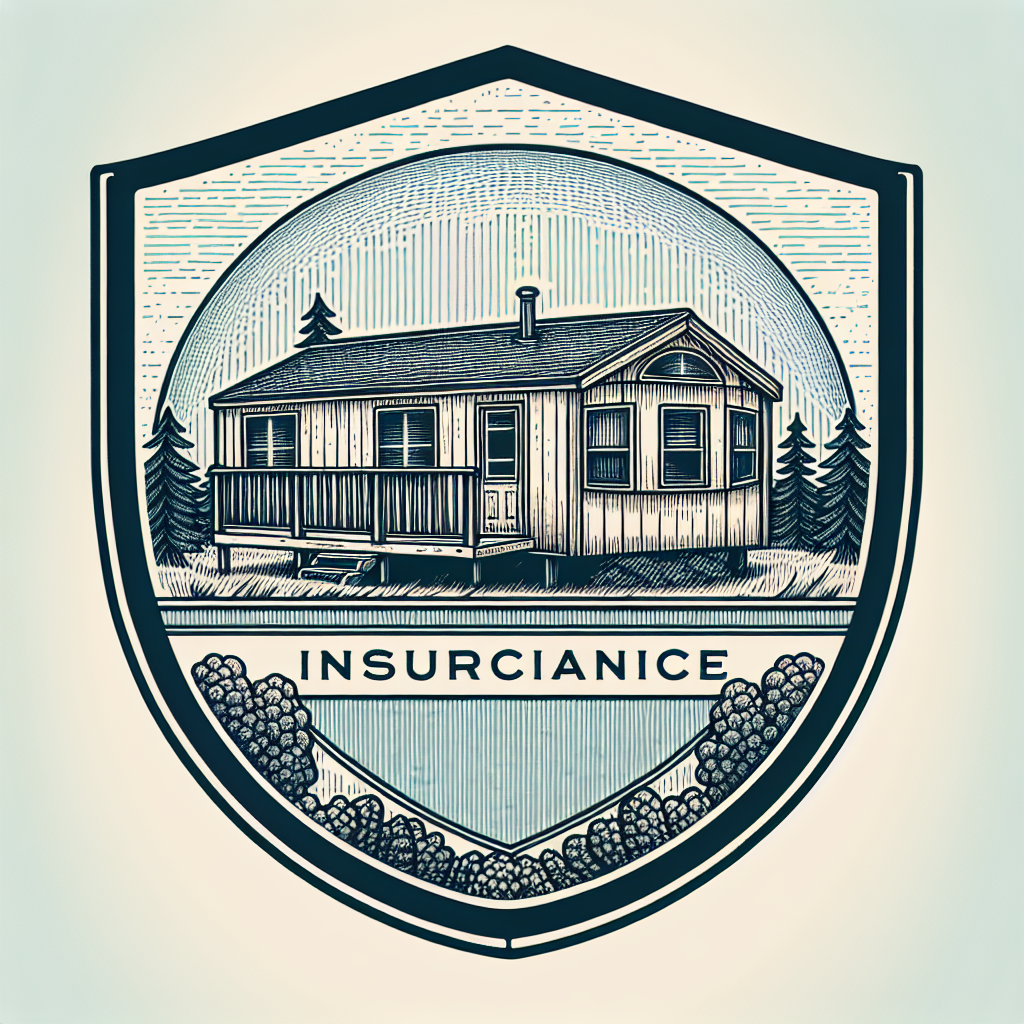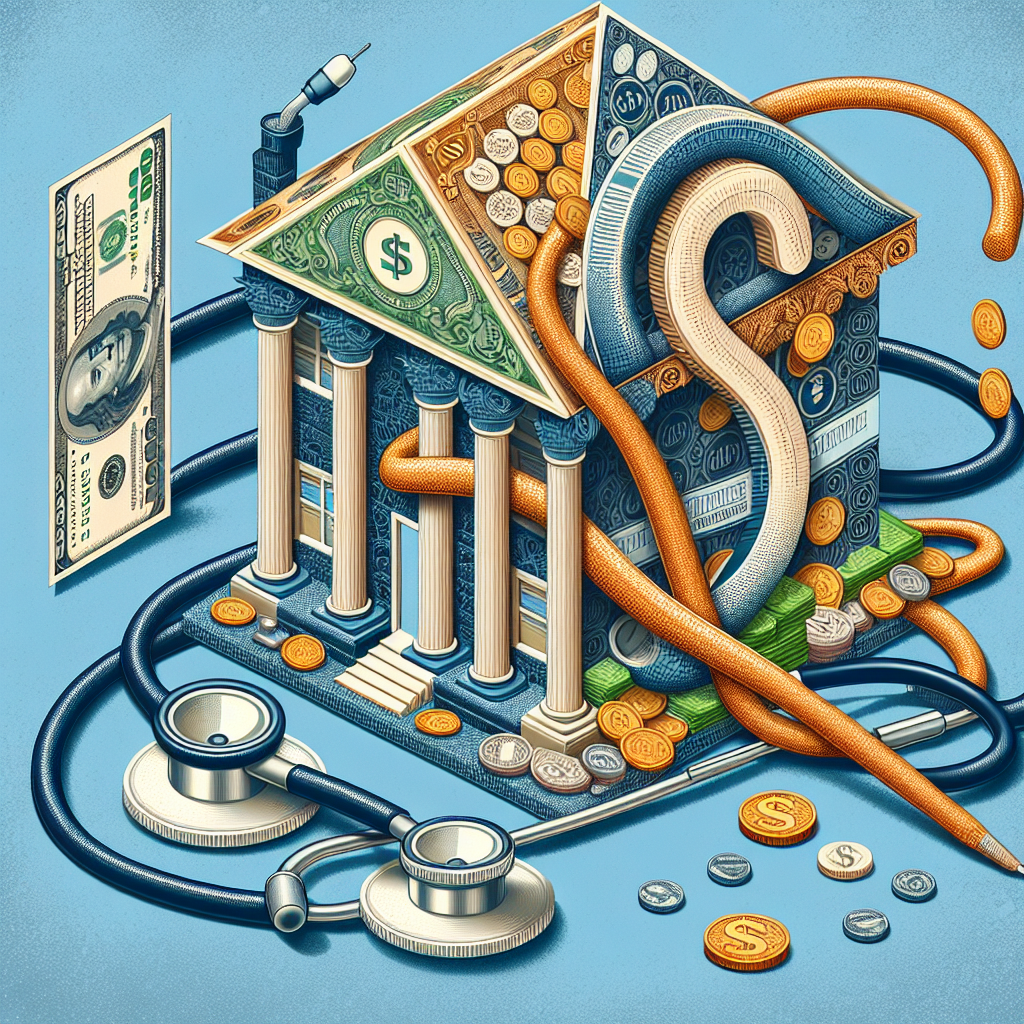Filed under Home Insurance on
Understanding Manufactured Home Insurance Coverage

When considering manufactured home insurance, understanding its nuances is vital for protection and peace of mind. Manufactured homes, though similar to traditional homes in many respects, have unique construction and placement characteristics. This necessitates specialized insurance coverage tailored to their distinct needs. In this comprehensive guide, we delve into the intricate details of manufactured home insurance and how it guards against unforeseen events.
What is Manufactured Home Insurance?
Manufactured home insurance is a specialized policy designed to provide financial protection for homes constructed in factories and then transported to their intended sites. These homes, often called mobile homes, have different considerations compared to site-built properties, largely due to their construction and transportation methods.
Key Components of Manufactured Home Insurance Coverage
A typical manufactured home insurance policy encompasses several critical components, ensuring comprehensive protection:
1. Dwelling Coverage
Dwelling coverage is the cornerstone of any home insurance policy, protecting against damages to the actual structure of the home. This includes coverage for the walls, roof, and built-in appliances. In the event of damage from disasters such as fire, hurricane, or vandalism, dwelling coverage kicks in to cover repairs or rebuilding costs.
2. Personal Property Coverage
Your belongings are as important as the home itself. Personal property coverage protects against loss or damage to items such as furniture, electronics, and clothing. This part of manufactured home insurance ensures you can replace your valuables if they're destroyed by a covered peril.
3. Liability Protection
Accidents can happen, and liability protection saves you from the financial burden of lawsuits or medical expenses if someone is injured on your property. Whether a visitor slips and falls or your dog bites a passerby, this coverage ensures you are protected from hefty legal costs.
4. Additional Living Expenses (ALE)
Sometimes, damage to your manufactured home might render it uninhabitable. In such cases, ALE helps cover temporary living costs, such as hotel bills and restaurant meals, until your home is repaired.
5. Other Structures Protection
If you have sheds, garages, or fences on your property, other structures coverage helps protect these additional constructions from damage.
Factors Influencing Manufactured Home Insurance Premiums
The cost of manufactured home insurance varies based on several factors:
1. Location
Where your home is located greatly influences insurance premiums. Homes in areas prone to natural disasters, such as hurricanes or wildfires, often attract higher premiums due to increased risk.
2. Age and Condition of the Home
Newer homes or homes in excellent condition typically enjoy lower premiums. Insurance companies assess the likelihood of a claim; a well-maintained home presents less risk than an older, deteriorating one.
3. Security Features
Homes equipped with security systems, smoke detectors, and fire alarms may qualify for discounts, as these features mitigate risk and enhance safety.
4. Claims History
Your history with claims can impact premiums. Frequent claims could suggest higher risk, potentially increasing your insurance costs.
Industry Trends and Insights
The manufactured home insurance sector is evolving in response to emerging trends:
1. Weather-Related Risks
The increasing frequency of extreme weather events has placed a spotlight on the necessity for robust coverage. Insurers are updating policies to better address these risks.
2. Technological Advancements
The role of technology in insurance can't be overstated. From enhancing risk assessment tools to facilitating quicker claims processing, technology is revolutionizing the industry.
3. Increasing Market Demand
The affordability and efficiency of manufactured homes are driving an uptick in demand. With this rise, insurers are offering more competitive and comprehensive products to cater to this growing market.
Expert Opinions on Manufactured Home Insurance
Industry experts emphasize the importance of having adequate coverage. According to insurance specialists, homeowners should regularly review their policies to ensure they reflect current replacement costs and adequately cover personal property.
John Doe, an insurance analyst, notes that many homeowners underestimate the importance of liability coverage. "In today's litigious society, having robust liability coverage is no longer optional—it's essential," he advises.
Common Misconceptions About Manufactured Home Insurance
Several misconceptions persist about manufactured home insurance:
1. Manufactured and Mobile Homes Are the Same
Though often used interchangeably, manufactured and mobile homes are not identical. Manufactured homes adhere to more stringent HUD codes since 1976, whereas mobile homes typically predate these standards.
2. Natural Disasters Automatically Covered
While common perils are included, certain natural disasters like floods or earthquakes require additional coverage. It's crucial to review policies and consider extra endorsements for comprehensive protection.
3. Insurance Isn't Necessary for Financed Homes
If your manufactured home is financed, lenders often require insurance as a condition of the loan. Even without a lender mandate, insuring your investment is wise for financial protection.
How to Choose the Best Manufactured Home Insurance Policy
Choosing the right policy involves meticulous research and comparison:
1. Assess Coverage Needs
Begin by evaluating your personal requirements, taking into account the value of your home and belongings.
2. Compare Quotes
Request detailed quotations from various insurers, ensuring you compare not just premiums, but also coverage limits and benefits.
3. Evaluate Insurer Reputation
Research customer reviews and ratings of prospective insurers to gauge reliability and customer satisfaction.
4. Consult an Insurance Agent
An experienced insurance agent can provide valuable insights and aid in selecting a policy tailored to your needs.
Conclusion
Understanding manufactured home insurance coverage is crucial in safeguarding your home and assets. By choosing the right policy, you protect yourself from financial setbacks due to unforeseen events. As the manufactured home industry continues to evolve, staying informed about changes and trends ensures you maintain the best coverage possible. Prioritize reviewing your policy periodically and stay proactive in addressing new risks.





